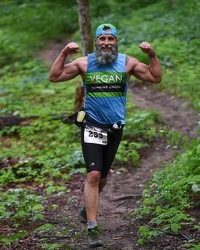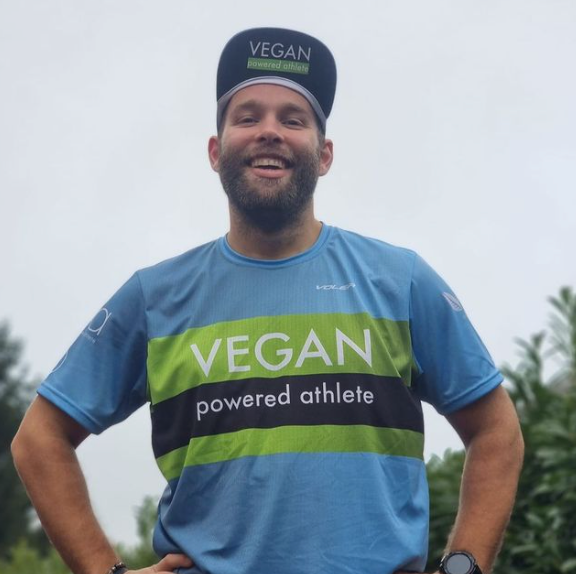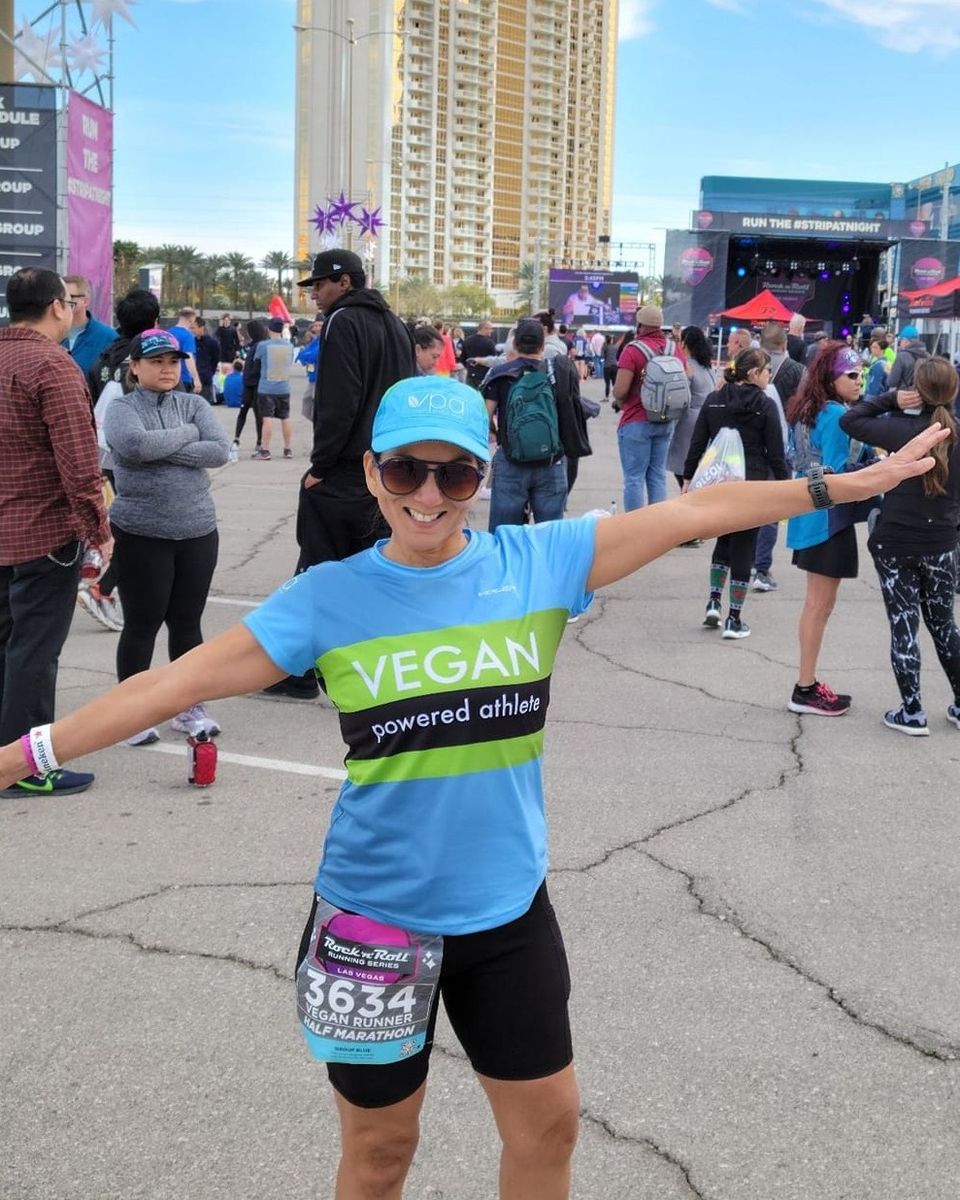
“Paleos, prepare to have your mind blown.”
So begins a recent Men’s Fitness article, profiling male vegan athletes aptly described as “ultra-jacked.” Although paleo athletes may be committed to their meat, there is a definite trend in endurance athletics toward the vegan diet with results difficult to ignore. From football and tennis to running and boxing, vegan athletes are winning more than ever.
When comparing the two, devotees of either may be surprised to know that there is overlap between the two, particularly when followed using the most healthful guidelines. Some even combine the two into a plan they are calling Pegan! But when the benefits of a vegan diet are examined, it is clearly the better diet.
But let’s start with the basics of each approach.
- The Paleo Diet
The Paleo diet preaches the consumption of foods consumed during the Paleolithic (caveman) era. There are various interpretations but Loren Cordain, widely recognized as the founder of the modern paleo movement, puts forth a diet high in protein from grass fed or free range meat, seafood, and other animal products. It also directs a low carbohydrate intake from non-starchy fresh fruits and vegetables, as well as a higher fat intake.
However, the takeaway for many is simply a diet high in meat but low in carbohydrates. Many ignore the elements dictating the inclusion of vegetables and elimination of excess sugars, added preservatives, and processed foods.
- Vegan diet
Following a vegan diet simply means avoiding all foods derived from animals, including dairy and eggs. Veganism can be traced back to ancient Indian and Greek times. Many think of veganism as more of a lifestyle than a diet.
There are different approaches to the vegan diet, but most focus on whole foods from a variety of plant-based sources. They range from low fat and generous starch intake (McDougall); to whole plant foods, with limited refined carbohydrates (China diet, T. Colin Campbell); to a raw vegan diet, to name a few.
- Paleo vs. Vegan for Athletes
If followed properly, both diets include a high intake of whole foods, high in fruits and vegetables. Both diets generally promote protein consumption. For athletes, a higher protein intake is recommended, regardless of source.
However, the diets and their health outcomes diverge from there. While there are no credible studies comparing paleo and vegan diets directly, there is increasing research showing that a vegan diet leads to a longer life while experiencing less chronic disease.
On the other hand, there is ample research showing that a diet high in animal protein can lead to chronic disease and increased mortality. Animal-based proteins are higher in saturated fat and can lead to an increased risk of heart attacks and cancer.
Furthermore, a growing body of research indicates that a vegan diet is better for building endurance and muscle mass. Consuming protein solely from plant sources translates to the same muscle building capacity when compared to animal protein consumption. There is also research demonstrating that daily intake of additional soy protein can lead to greater increases in body mass and strength. Another small-scale study recently showed better fitness outcomes when comparing vegetarian and omnivore endurance athletes.
Regardless of the particular diet followed, it is important for athletes to eat lean, unprocessed, whole foods in order to maximize performance. As Cam Awesome, an amateur boxer profiled in the Men’s Fitness article referenced above said, “Vegan does not mean healthy – plant-based is what’s healthy.” A diet rich in a variety of plant-based proteins, including fruits and vegetables will optimize your long-term health benefits and make you stronger today.







